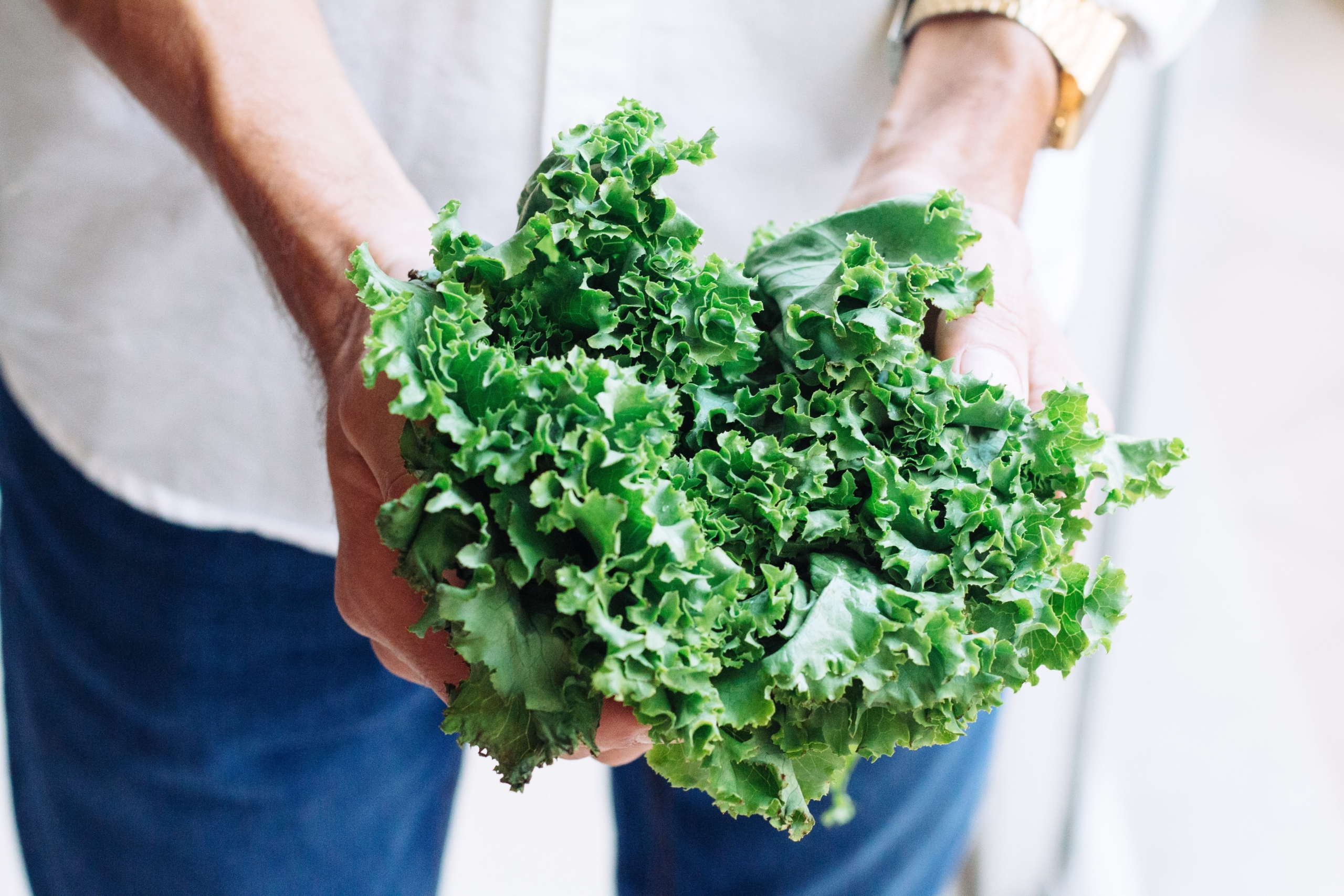Gut Health—Why do I get so bloated?
Bloating and abdominal discomfort are a common complaint I hear about in clinical practice. There are numerous reasons as to why some people experience abdominal bloating and pinpointing the underlying cause can take some detective work. For some clients we may need to look at functional testing if the problem is chronic and isn’t alleviated by the following tips. However, we often find that implementing one or more of the following strategies can make the bloat disappear altogether! If you suffer from bloating or feelings of discomfort then read on and see if you could benefit from trialling these tips.
Are you stressed when eating or are you eating on the go?
This is a common cause of bloating, especially the kind that you experience almost immediately after a meal. When we eat without stopping and sitting down, or when we are feeling stressed then our body is existing in sympathetic nervous system state, meaning the ‘fight and flight’ mode. Digesting food is not a priority when our body thinks we are under immediate pressure to react to a stressor, so our blood supply and energy are diverted away from the digestive system and into our muscular and skeletal systems. Eating when our body is existing in this state will most definitely lead to feelings of bloating and abdominal discomfort as our digestive processes and enzyme release are simply not switched on.
TIP—If you don’t have time to eat breakfast before work, pack something the night before and wait until you get to work and have 10 minutes to sit down and eat before you begin your day. If you feel stressed when you sit down to a meal, try taking 5 deep breathes to calm your nervous system before taking your first bite, or changing your environment in which you eat where you can.
Are you lacking digestive enzymes?
Our body makes different digestive enzymes that are secreted in a sophisticated process once we begin eating (literally when we begin chewing the first bite and even smelling the food we’re preparing!) We need to supply our body with adequate nutrients or co-factors, so that these digestive enzymes can be made in sufficient amounts. Iron, zinc and B12 are three nutrients important for the manufacture of certain digestive enzymes. As mentioned above, stress will switch off or downplay our enzyme production, as will deficiencies in the nutrients necessary to create digestive enzymes in the first place.
There are foods that naturally contain enzymes to help us digest our meals, such as bromelain found in pineapple, papain found in papaya and bitter substances in foods such as rocket and dandelion greens.
TIP—Add some bitter leaves to your main meals or some papaya and pineapple to your breakfast to benefit from the naturally occurring enzymes they contain. Ensure your diet is rich in iron, zinc and B12 and if you feel you may be deficient and benefit from supplementation speak to your health care practitioner.
Dysbiosis
Dysbiosis is the term used to describe an imbalance of bacteria in the gut; typically when there is an overgrowth of unhealthy bacteria or pathogens (including parasites, yeasts, worms etc) and lower numbers of beneficial bacteria. This environment can cause significant gut symptoms to occur for many people, including consistent bloating and abdominal discomfort. Dysbiosis is something we see a lot of in Western society, as diets that are low in fibre, plant foods and fermented foods and high in processed carbohydrates, sugar, unhealthy fats and excess alcohol all contribute to promoting the growth of the bacteria we don’t want, and don’t feed or encourage growth of the beneficial colonies. Poor diets are one aggravating factor, as are excessive medication use, in particular the overuse of antibiotics, unfiltered drinking water, even high stress levels and environmental toxins that we ingest such as pesticides. Overseas travel or an episode of food poisoning are also common causes of parasitic or pathogen infection and can lead to significant gut (and other body) symptoms if left untreated.
TIP—Changing your diet to one which includes more wholefoods, vegetables, plant-based fibre and filtered water and less processed food will make a noticeable difference to your gut health. In order to get a detailed and precise picture of what your gut microbiome looks like you can do specific stool tests through specialists labs with a health practitioner, enabling you to see the species of beneficial and not-so-beneficial bacteria you have in your gut. Tailored treatment can then be prescribed. Reach out if you’d like to learn more.
Do you chew your food properly?
Observe yourself next time you eat something and take note of the amount of time you spend chewing a mouthful before swallowing and taking the next bite. Often we realise we chew a mouthful only 2 or 3 times before swallowing, especially when we eat in a rush. We should actually be chewing soft foods 10 times and more dense foods (like vegetables and meat) up to 30 times! When you chew your mouth creates saliva, which contains digestive enzymes that begin breaking down and digesting your food. The chewing motion also stimulates your stomach to release more digestive enzymes, including hydrochloric acid, which is vital for the breakdown of proteins.
TIP—Try chewing each mouthful of food at least 10 times!
Could it be due to SIBO?
Small Intestinal Bacterial Overgrowth (SIBO) is a condition where bacteria which are normally found in the large intestine have overgrown in the small intestine. Bloating, especially immediately after eating, is a very common symptom of SIBO and will often be accompanied by changes in bowel habits, such as constipation or diarrhoea, or both. Testing for and effectively treating SIBO with diet, herbal medicine and certain supplements is key to eliminating the bloating associated with this underlying condition.
TIP: If you have consistent bloating, nausea, abdominal pain, changes in bowel habits OR you have been diagnosed with IBS then it’s important to talk with a health practitioner about testing for SIBO, as this is the real cause of IBS in 70% of cases. If you’d like more information on this condition, please get in touch.
Image Credit — Photo 1 by Andrea Piacquadio
Image Credit — Photo 2 by Adolfo Félix




